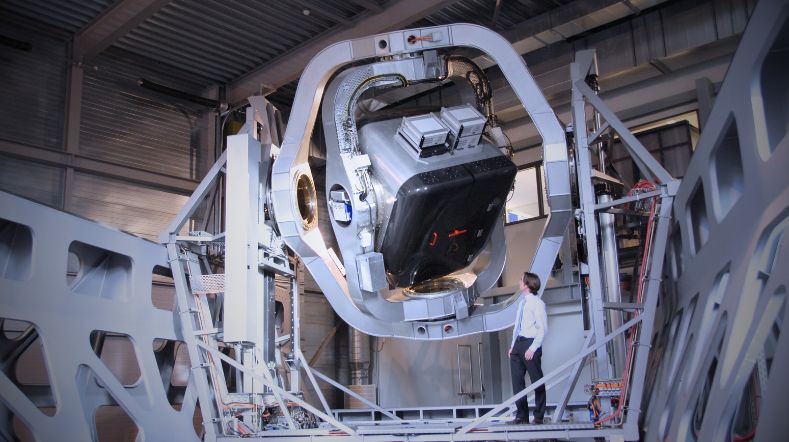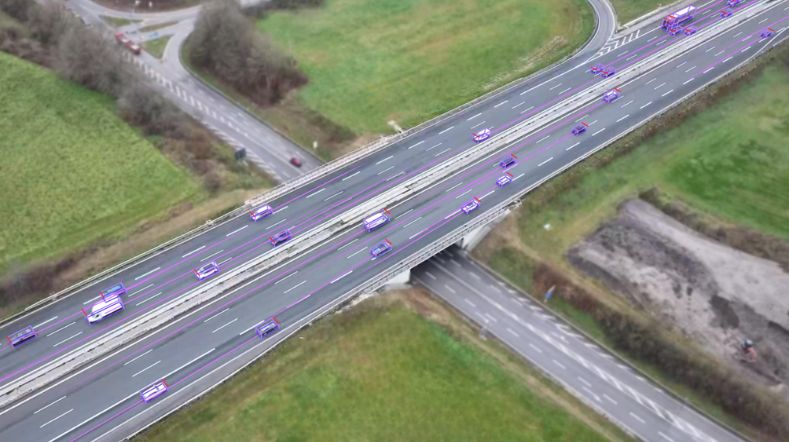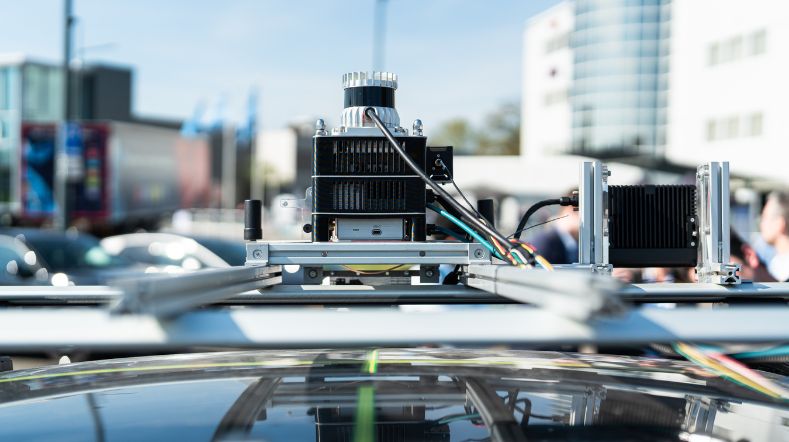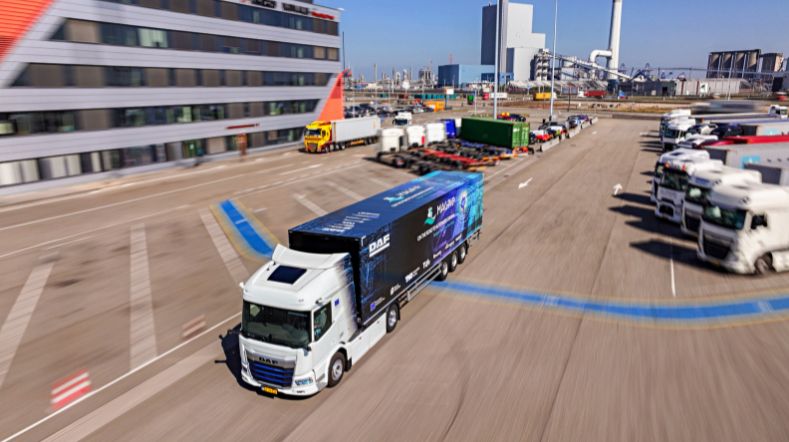
Integrated Vehicle Safety
Our growing mobility demands coincide with unprecedented societal and environmental challenges. At TNO Integrated Vehicle Safety (IVS) we develop technology and assessment methodologies to accelerate the deployment of Connected and Cooperative Automated Mobility (CCAM) systems that contribute to ‘zero casualties’, ‘zero emissions’ and ‘zero loss’. We support industrial partners and policymakers in their innovation processes for smart vehicles and complex CCAM systems that enhance our mobility and logistics.
Four technology lines
In order to make our vehicles and mobility system safer, more sustainable and more efficient, IVS combines extensive knowledge on vehicle automation technologies with innovative safety assessment methodologies. Supported by a wide array of expertise, TNO IVS specialises in four technology lines:
1. Safe System Design
This involves methodologies for designing, prototyping, testing, and integrating Connected & Cooperative vehicle systems. We develop concepts and methodologies for new vehicle automation solutions.
2. Key Technology Development
This encompasses a set of enabling technologies, such as sensor fusion, motion planning, decision support, and vehicle control. These technologies form the essential building blocks of cooperative, connected automated vehicle functions, including Automated Yards solutions.
3. Safety Assessment Methodologies
With StreetWise, we develop scenario-based safety assessment methods for type approval of CCAM systems. We specialise in developing algorithms for describing Operational Design Domains (ODDs) through scenarios mined from real-world data. Furthermore we develop models to assess whether vehicles meet the intended safety levels.
4. Driver and Driving Interaction Modelling
To ensure safe interaction between artificial and human drivers, we develop models and requirements for acceptable (safe and social) driving in mixed traffic. These are extracted from naturalistic driving data using our Streetproof methodology. We are also studying the interaction between people in an autonomous vehicle and the vehicle to improve both their safety and comfort.
Our expertise
The Integrated Vehicle Safety department consists of seven expertise groups:
- AI & Data science
- Human Factors
- Safety & Security
- Safety Assessment
- Software & Simulation
- System Control & World Modelling
- System Integration & Facilities
Experts in the spotlight

Jan has extensive experience in applied perception and cognition research across various domains, including Virtual Reality, driver state and comfort, and lighting. Since 2019, Jan has been driving the development of Human Factors research related to automated driving. He specialises in predicting and mitigating motion sickness in automated vehicles and in driver monitoring, ensuring safe and comfortable interaction between users and automated vehicles.

Antoine is a leading expert in control system design for Connected and Cooperative Automated vehicles, vehicle system dynamics, and vehicle state estimation, with over 50 technical publications and around 1,000 citations. His current research fields include, among others, yard automation, vehicle platooning, Automated Driving systems, tyre and vehicle dynamic state estimation, and vehicle control systems.
Get inspired
How is YER award winner Chris van der Ploeg doing?


TNO launches Motion Comfort Institute for automated vehicle era


Releasing autonomous software faster with DeepScenario and TNO’s StreetWise


MARQ opens its doors: a place to collaborate on the mobility of the future


Demonstrations of automated driving and charging for logistics at Maasvlakte


